The Importance of HVAC Service and Maintenance
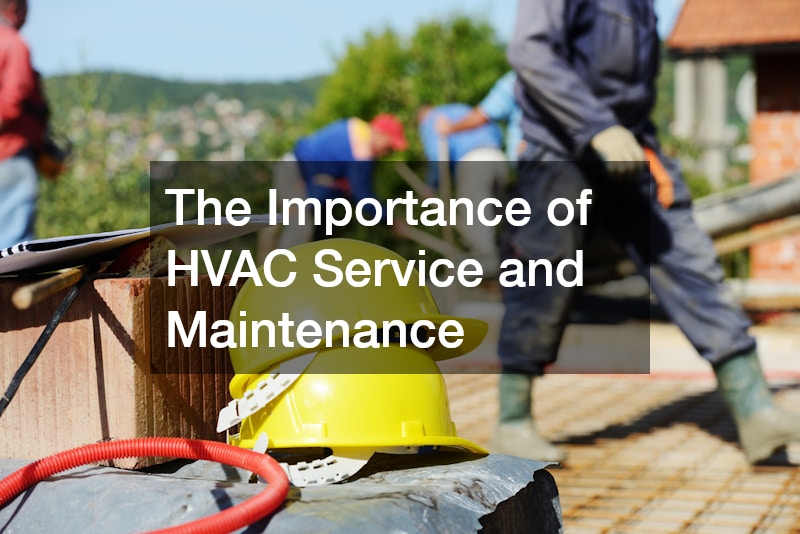
Understanding the significance of regular HVAC service and maintenance is essential for optimal performance and durability of systems. This article explores the key aspects you need to know for effective upkeep and the common concerns surrounding HVAC maintenance. Regular maintenance not only ensures that your HVAC system runs efficiently but also prevents unexpected breakdowns that could lead to significant repairs or replacements.
How Often Should HVAC Systems be Serviced?
Recommended Service Intervals
It is generally recommended that HVAC systems be serviced at least once a year, with some experts advising checks twice a year—once for the heating system before winter and once for the cooling system before summer. The frequency of service may vary based on geographical location, the age and type of the system, and specific usage patterns.
Regular service ensures the system operates at peak efficiency, reducing energy costs and environmental impact.
Factors like extreme weather conditions and heavy usage can necessitate more frequent servicing than the standard recommendation. Additionally, HVAC systems in high pollution areas might require more regular filter replacements and cleanings. It’s essential to consult with a professional to determine the optimal maintenance schedule for your particular system.
Most HVAC professionals recommend creating a maintenance checklist tailored to the specific needs of your system. Routine checks can help identify potential issues before they become serious problems. Keeping a detailed service record also aids in tracking the system’s performance over time, ensuring timely interventions.
Signs Indicating a Need for Immediate Service
While regular maintenance schedules are vital, certain signs should prompt immediate service. Noticeable decrease in heating or cooling efficiency, an increase in energy bills, or unfamiliar noises from the system are red flags. Additionally, if you detect a burning smell or excess dust around vents, it’s crucial to address these issues promptly.
Experiencing uneven temperatures across different rooms or frequent cycling on and off of the system are also indicators of potential problems. These could be symptoms of thermostat malfunctions or blocked ducts, requiring quick professional evaluation. Promptly addressing these signs can prevent further damage and help maintain system integrity.
Poor indoor air quality, often overlooked, can also indicate that your system needs attention. Allergens and pollutants increase when HVAC systems are not functioning correctly. Regular filter checks and swaps are pivotal in maintaining healthy, breathable air in the home.
What Are the Costs Involved in HVAC Maintenance?
Cost Breakdown of Regular Maintenance
Scheduled servicing of HVAC systems involves a variety of costs, typically ranging from $100 to $150 per visit for a standard check-up. This cost includes an inspection of wiring, examining coils, lubricating moving parts, and changing or cleaning air filters. Some service plans offer annual packages that include additional perks like priority service or discounts on parts and repairs.
While these costs might seem significant, they are minimal compared to repairing major breakdowns or system components. Preventive maintenance is an investment in your HVAC system’s longevity and functionality, reducing the likelihood of emergency repair calls. It’s essential to compare service plans from various providers to ensure you receive comprehensive coverage at competitive rates.
Costs can also depend on providers’ expertise and the depth of service offered, so it’s crucial to choose a reputable company with transparent billing practices. Many homeowners find that establishing a relationship with a trusted HVAC provider offers peace of mind, knowing their system is in good hands. Carefully balancing these expenses provides financial savings and reliable home comfort over time.
Price Variations Based on System Type
Different types of HVAC systems have varying maintenance requirements and cost implications. Central air systems, typically larger and more complex, may incur higher servicing costs compared to more compact units like window air conditioners or mini-split systems. Additionally, systems utilizing advanced technology or rare components might require specialized maintenance, further affecting pricing.
Heat pumps, for example, often require more frequent checks due to their dual function as both heating and cooling units. Geothermal systems, while energy-efficient, demand specialized knowledge for servicing, which can also impact cost. It’s important to fully understand your system type and its unique needs when budgeting for maintenance.
Regular HVAC service and maintenance are vital for ensuring efficiency, preventing costly breakdowns, and prolonging the life of your system. By understanding the frequency of necessary service and associated costs, homeowners can optimize their heating and cooling functionalities while safeguarding their investment. Consistent upkeep translates into monetary and environmental benefits, underscoring the value of proactive maintenance approaches.
.
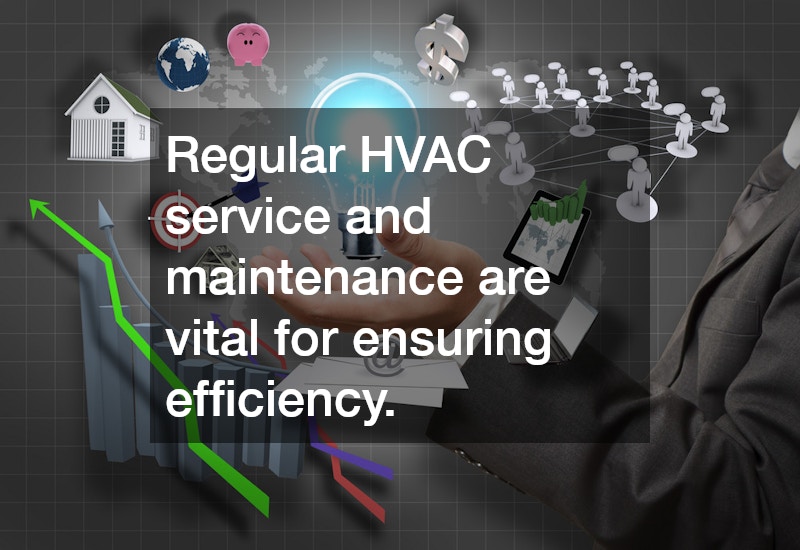
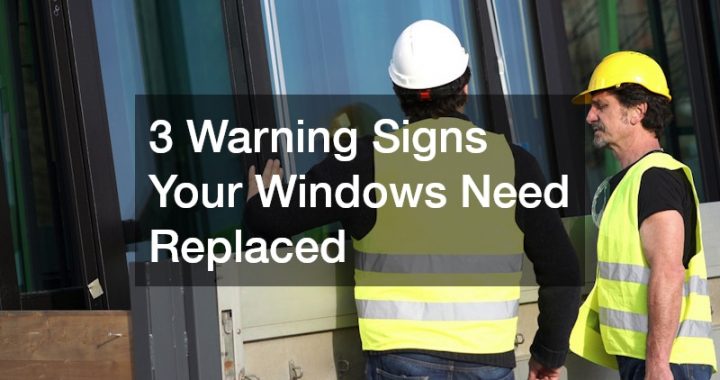 3 Warning Signs Your Windows Need Replaced
3 Warning Signs Your Windows Need Replaced 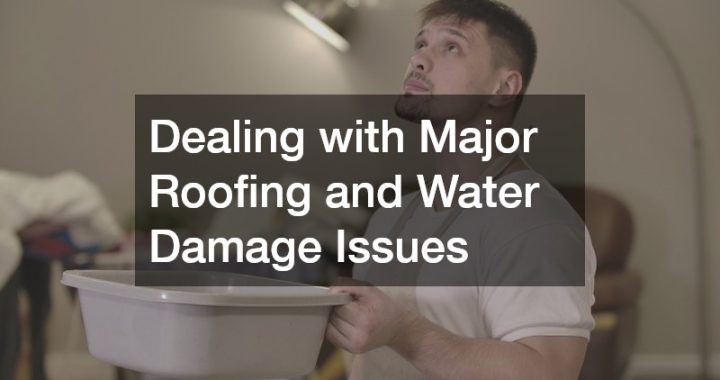 Dealing with Major Roofing and Water Damage Issues
Dealing with Major Roofing and Water Damage Issues  How to Choose the Right Home Remodeling Services for Your Project
How to Choose the Right Home Remodeling Services for Your Project  10 Ways Remodeling Improves Energy Efficiency and Comfort
10 Ways Remodeling Improves Energy Efficiency and Comfort 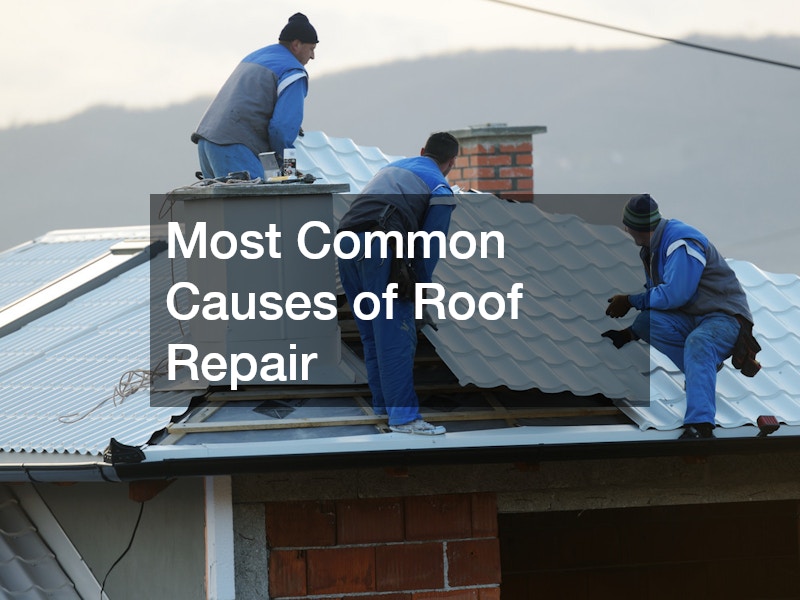 Most Common Causes of Roof Repair
Most Common Causes of Roof Repair  Affordable Skylight Services to Brighten Your Home Naturally
Affordable Skylight Services to Brighten Your Home Naturally  Balancing DIY Projects With Professional Help
Balancing DIY Projects With Professional Help  5 High Ceiling Accent Wall Ideas for a Modern Minimalist Living Room
5 High Ceiling Accent Wall Ideas for a Modern Minimalist Living Room